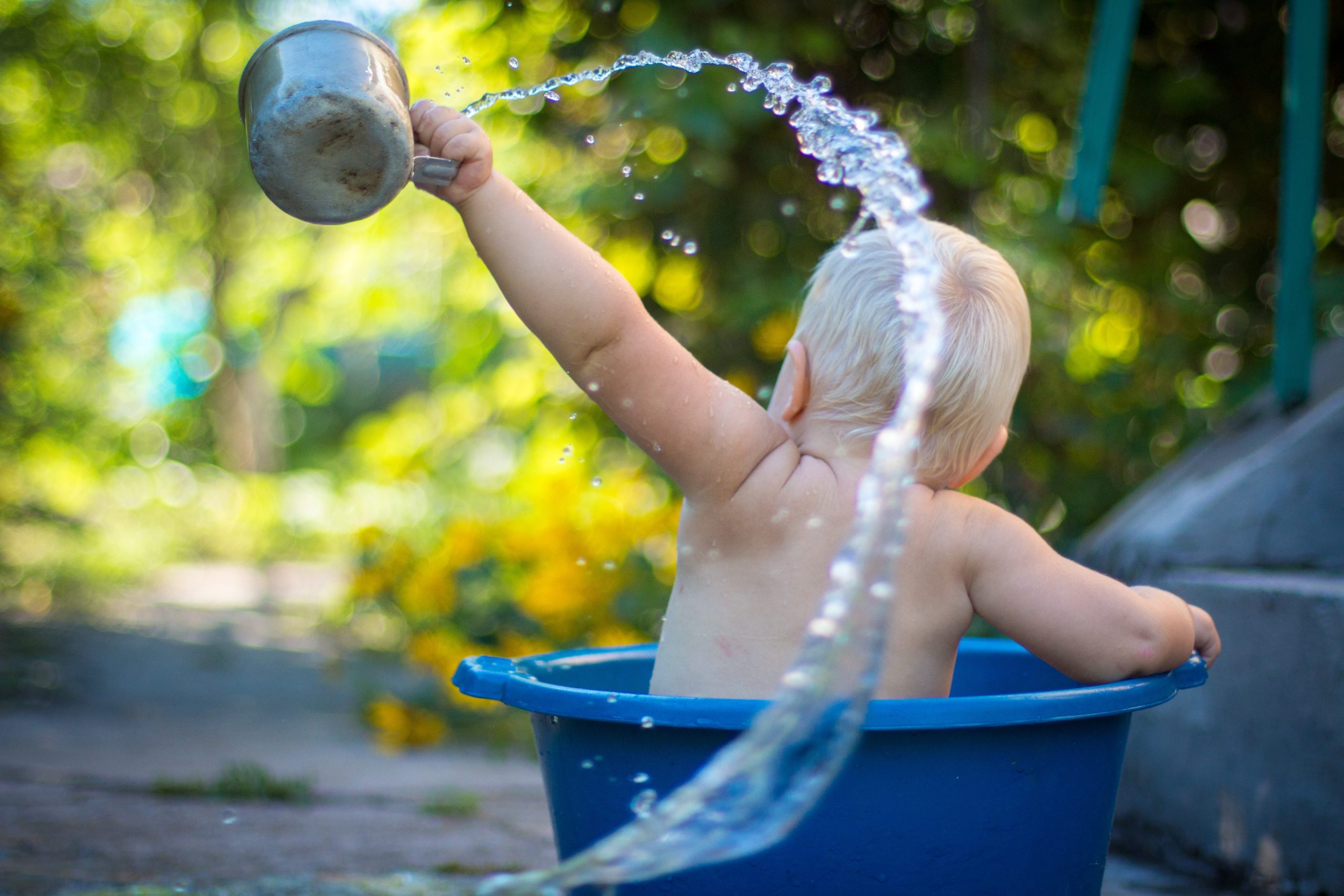Every adult can reach into their back pocket and recall childhood play. We remember we had very little homework, and due to that, our mothers didn’t want us underfoot after school which relegated us to staying out.
If you look at how play has evolved, however, a vastly different picture is found today. Few children spend hours in the yard building forts, digging moats or on playgrounds allowed to run amuck willy nilly.
Children WANT to play. Have you ever heard a child who is complaining about going to recess? Don’t children always pester with the line: “Come play with me!” And once play is initiated, they want it to continue and will do whatever it takes to keep the momentum going. If one player is too aggressive in his play style, the play partner will pull back, shy away and stop play, exhibiting both facial expressions and body language indicating discomfort with the type of play. In the interest of continuing play, the first player has just learned self-control and restraint as well as empathy and compassion. He has also learned how to be a better friend. If we extrapolate this forward these skills are the foundation on which we build adults with both a strong work ethic and moral character but also effective leaders and better life partners.
In 2000, researchers Pellegrini & Blatchford found the amount of time Kindergarten age boys engaged in active social play was a direct indicator of their problem solving skills one year later. Why? Because in play, children have to assess size, speed, strength of their play partner and interpret their play partner’s ability to decode verbal and non-verbal messages. They must figure out how to keep play going or get out of an uncomfortable situation, how to help a play partner who is weaker or smaller and whether it is time to get help from an adult.
When children are playing in an unstructured way, they are by default, making the rules, and when they make the rules, they want play to continue. This is human nature. Children then learn to acquiesce or adjust expectations so play continues. Children will also find that in order for play to start, they might need to initiate it, taking on a leadership role, but in order to keep play going, may need to step back and become follower instead. If one player gets hurt in self directed play, the other player is at risk of losing a valuable participant, leading him to learn empathy, compassion and even maybe a little restraint. These are just a few of the amazing social skills learned in play.
Here is a more in depth list of skills learned in unstructured, self driven play: Restraint, resiliency, collaborating, self-reliance, fairness, leadership, how to be the follower, body-language, verbal cues, non-verbal cues, sharing, negotiating, problem solving, assertiveness, boundary setting, self-control, goal setting, winning, how to lose, how to win with grace, risk taking, conflict resolution, empathy, compassion, imaginative play, independence, behavior control, reasoning skills, focus, creativity and you get the picture….
What parent doesn’t want their child to be master of all of these skills? They are honorable skills to have as they make us better people from the classroom to the boardroom. These are not skills that can be learned from an app, a computer or even in a classroom. These skills are only developed in independent, unstructured, self directed play.
When we dictate what children do all the time, we are limiting the development of these critical life-enhancing skills. Lets get out of the way and let kids direct the play and make the games!
Photo by Lubomirkin on Unsplash
